Good News! 10 Positive Environmental Stories from January 2022

Get news, updates, & event Info delivered right to your inbox:
10 Good Environmental News Stories from the Past Month that will Make You Smile
January has not disappointed us in terms of good environmental news! Usually the beginning of a new year brings with it a lot of positivity and motivation. We hope that these stories are just the beginning of year full of positive impact for people and the planet! This month was full of conservation successes, new discoveries — and even Rihanna got into the mix, but you'll have to read on to hear more about that!
So let's start the year off right with some GOOD NEWS!
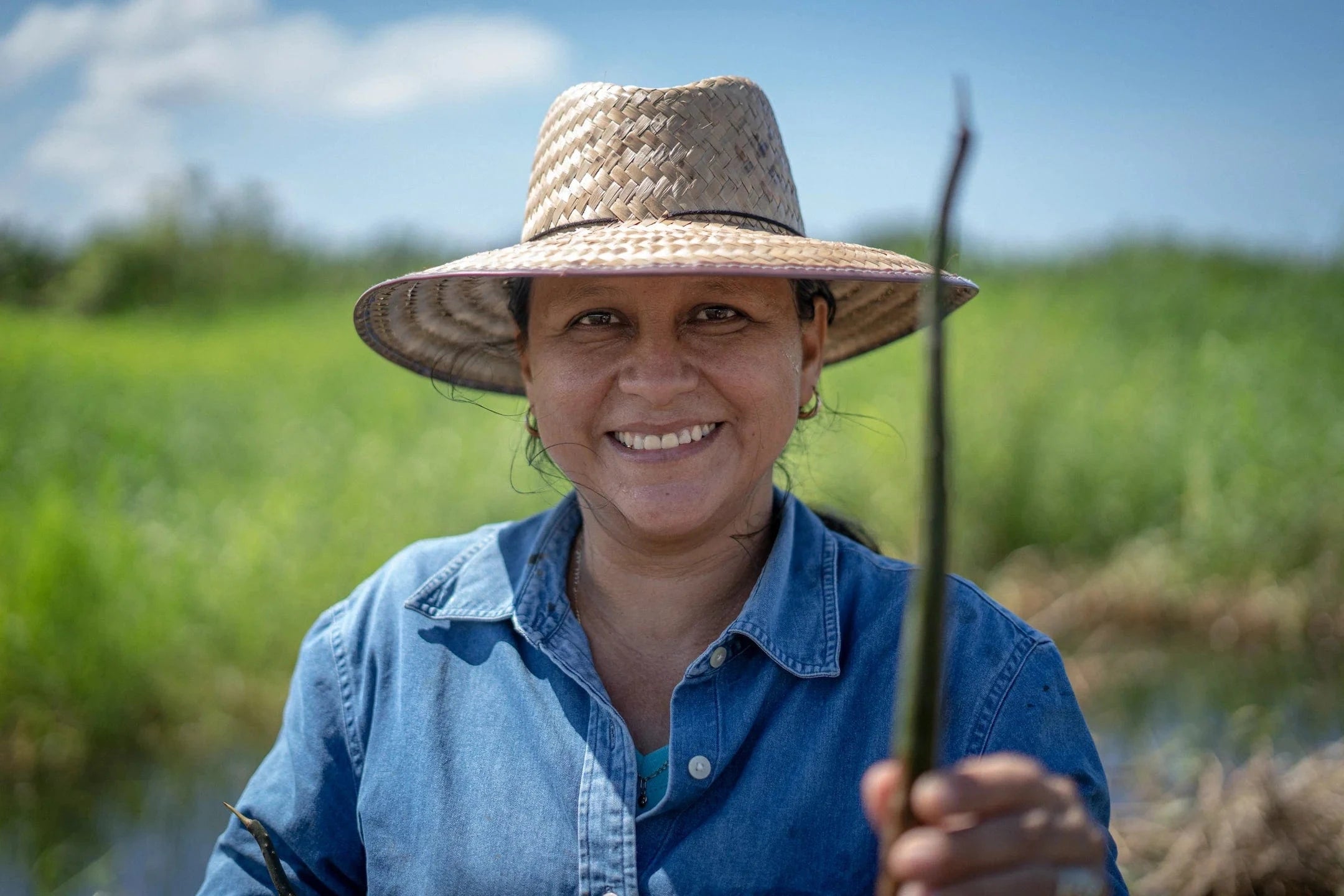
2021 Impact: 32 Million Trees Planted Around the Globe
2021 was a year of ups and downs. But despite the challenges presented by the ongoing Covid-19 pandemic, we managed to plant 23,588,232 trees in 42 countries around the world. We're so proud to continue our journey of incredible growth year over year by planting over 2x the trees we did in 2020. But it's the individual stories, the poignant details that, when the days are long and the obstacles many, warm our hearts and strengthen our resolve to continue our work restoring, one tree at a time, our global forest.
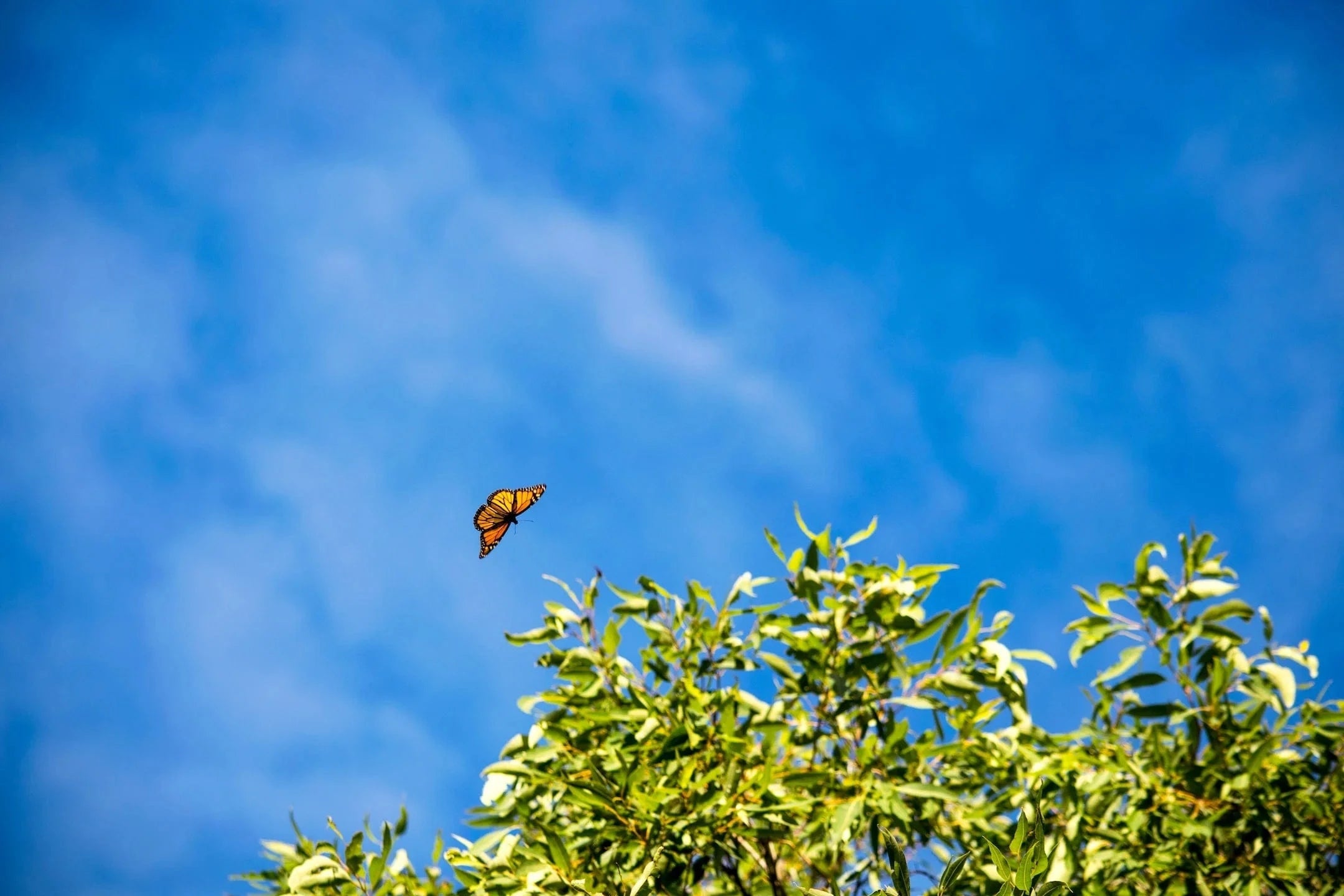
Science is Trying to Conserve The Monarch Butterfly's Forests
Mexico is a resting place for the migration of Monarch butterflies, one of nature's most important pollinators. Scientists are conducting an experiment to help restore endemic (found nowhere else) trees, which provide critical habitat to Monarch butterflies. A mix of natural restoration, soil conservation and active reforestation are being used for a natural remediation of the landscape. This holistic approach should assist natural regeneration where the environment no longer allowed for it to occur.
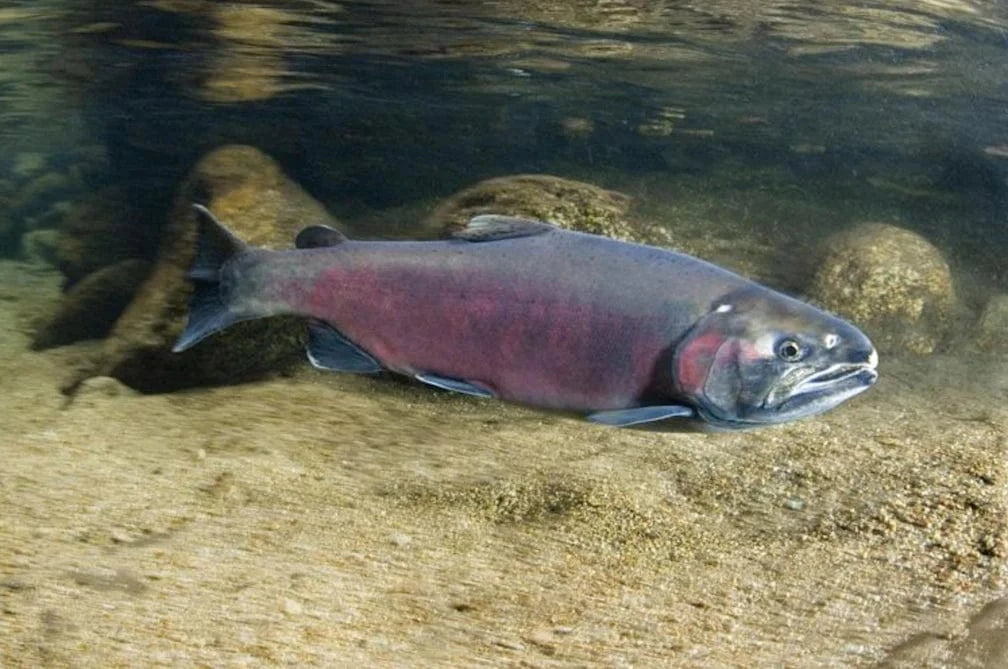
Endangered Salmon Return to Bay Area Streams
After an 18 year absence, endangered salmon have returned to a Bay Area stream! Coho salmon have not been spotted in the Montezuma Creek since 2004. Thanks to conservation efforts like dam removals, installation of fish-friendly culverts and more, the fish were able to flow through previously impassible areas to reach their ancestral spawning grounds when heavy January rains dramatically increased water flows!
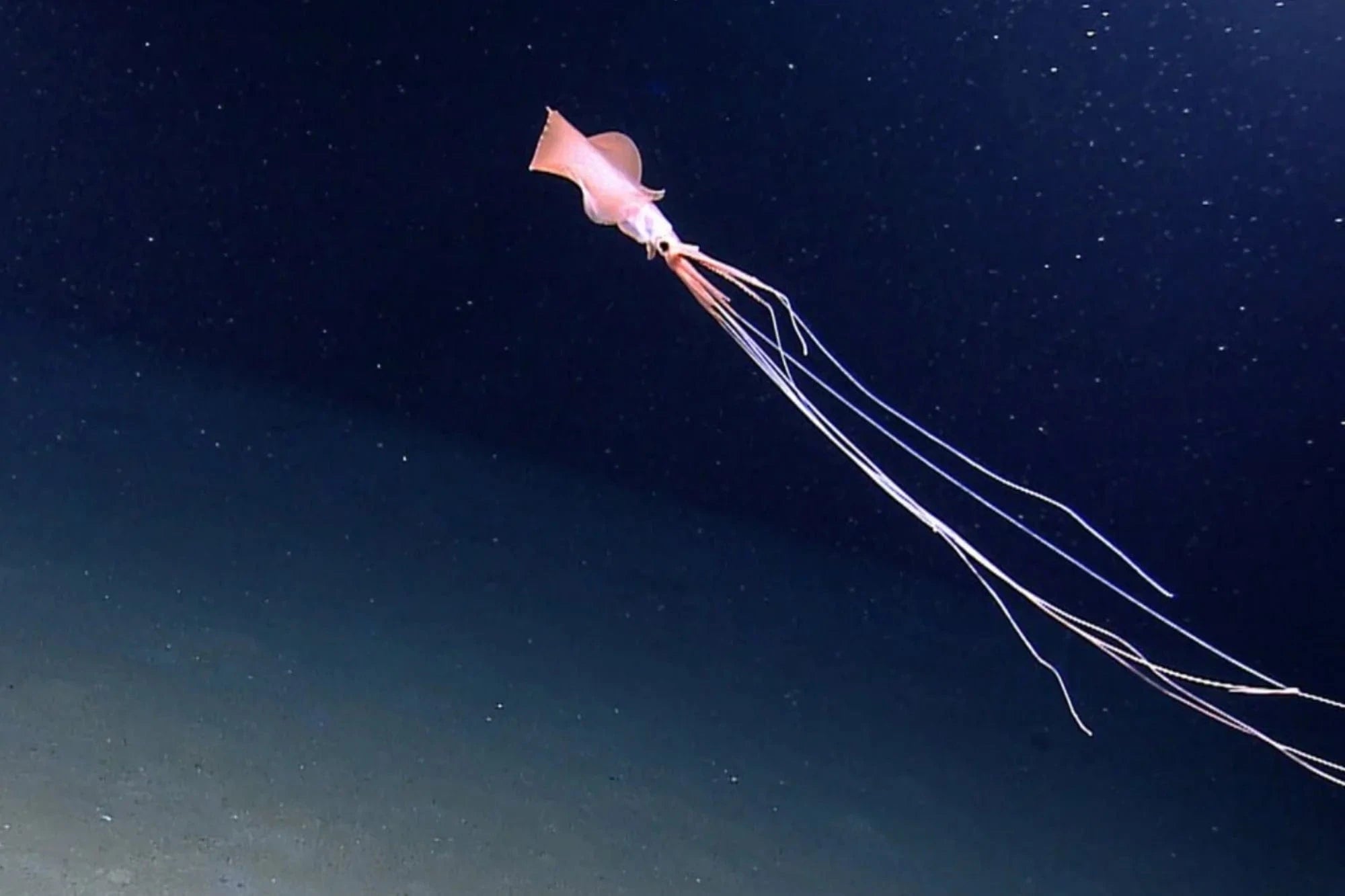
Scientist Find Deepest Dwelling Squid
A deep dive under the sea that was initially intended to explore a shipwreck ended with an exciting discovery: a juvenile bigfin squid was spotted about 6,212 meters below the ocean's surface. What's fascinating about this sighting is that it implies that the ecological web of squids is much larger than previously thought — and that there's likely a lot more life than we had thought in the mysterious ocean deep.
Restoring Legacy Mined Lands in Appalachia
In collaboration with Green Forests Work, One Tree Planted is reforesting about 800 acres of formerly mined lands in Pennsylvania, and we expect this area to sequester about 80,000 metric tons of CO2 after 50 years. This work is collaborative and brings many different organizations and interests together. The Appalachian region has some of the richest temperate forests in the world. Coal mining has been an economic driver since the 1700's and 1800’s, but has wrought major impacts on the environment and local communities, including habitat loss, water and air pollution, and safety issues. This initiative will help bring life back to degraded land.
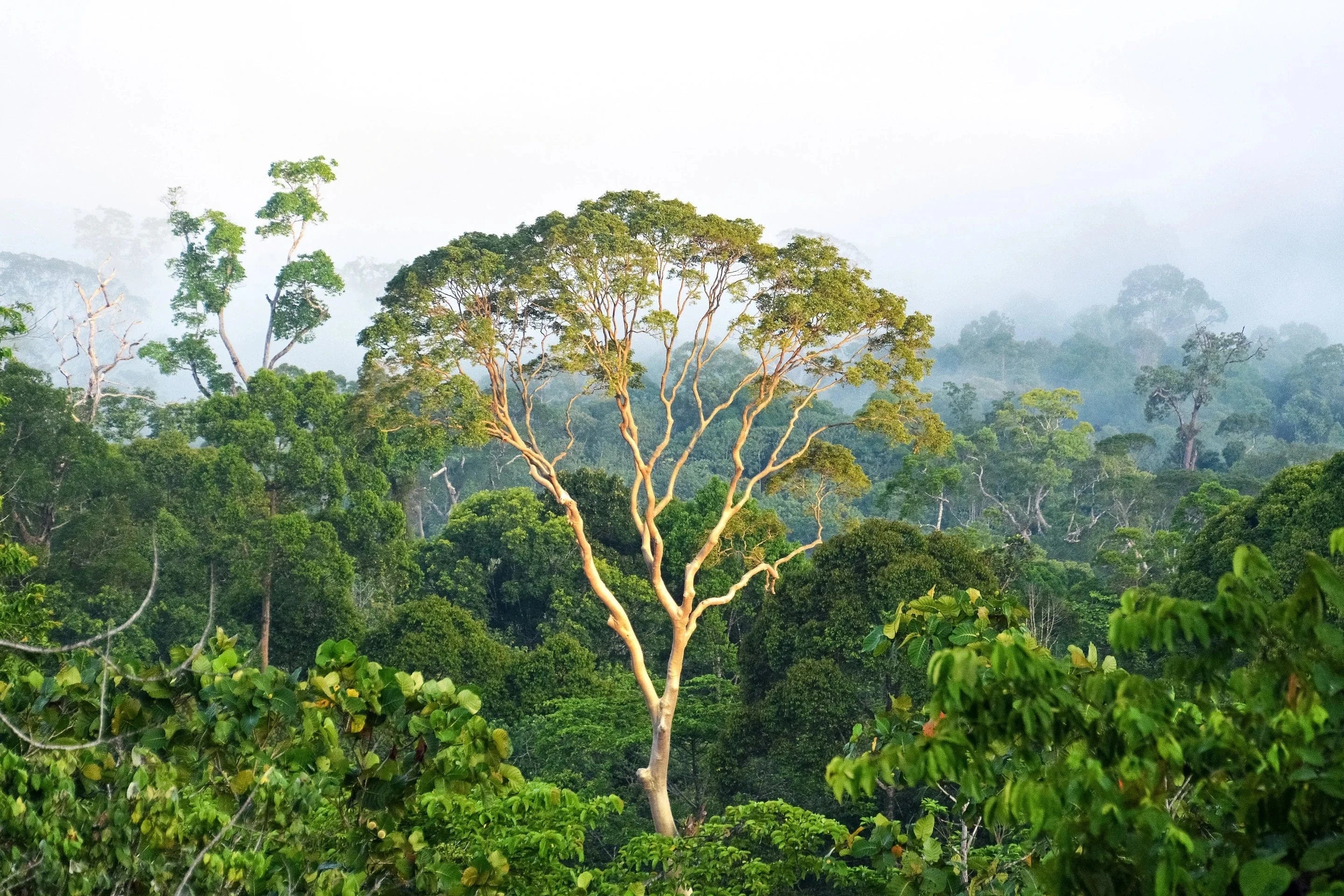
There Are More Tree Species Than We Thought
Researchers have been working tirelessly on the ground in 90 countries to retrieve data on 38 million trees. Their study found that there are about 14% more tree species than previously thought. “It is a massive effort for the whole world to document our forests,” said Jingjing Liang, a lead author of the paper and professor of quantitative forest ecology at Purdue University in Indiana, US. “Counting the number of tree species worldwide is like a puzzle with pieces spreading all over the world. We solved it together as a team, each sharing our own piece.”

Rihanna Donates $15 Million to Climate Justice
The music mogul Rihanna has donated $15 million to organizations dedicated to climate justice. Rihanna is originally from Barbados, which, given the frequency and intensity of hurricanes experienced by the Carribean, is part of why this cause is important to her. Her donation is in collaboration with the #StartSmall campaign started by the co-founder of Twitter, Jack Dorsey which aims to provide grants to 18 grassroots organizations that focus on climate justice in the U.S. and the Caribbean.
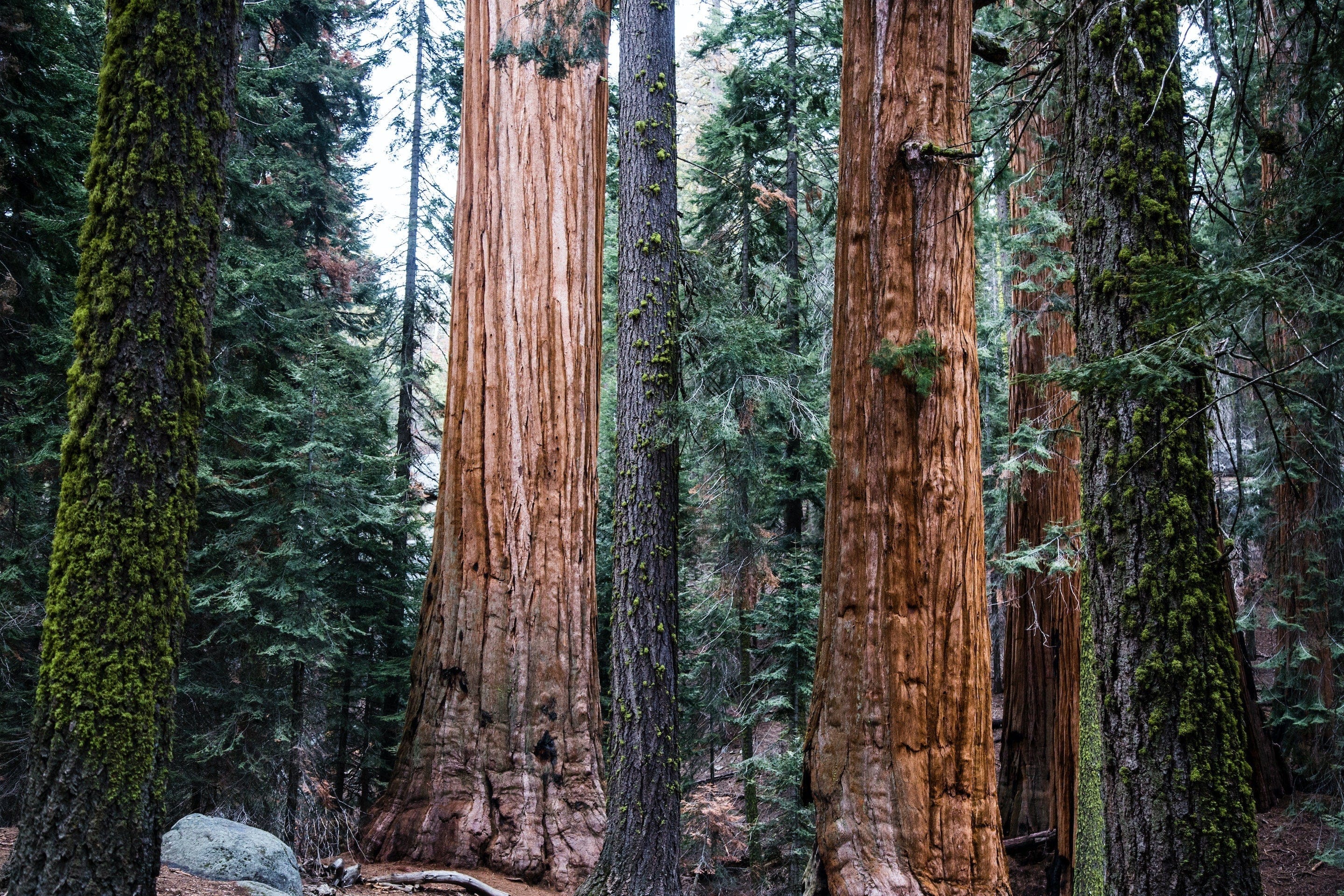
A Redwood Forest in California Has Been Permanently Returned to Its Indigenous Tribes
Over 500 acres of California redwood forest has been returned to Indigenous tribes that it was taken from generations ago. The land, formerly known as Andersonia West, has been donated to the Intertribal Sinkyone Wilderness Council. The council consists of 10 Northern California tribal nations. The transfer will allow the tribes, who are Indigenous to the land, to not only reclaim it but also rename it. "Renaming the property Tc'ih-Léh-Dûñ lets people know that it's a sacred place; it's a place for our Native people," Sinkyone Council board member and tribal citizen Crista Ray said in a statement. "It lets them know that there was a language and that there was a people who lived there long before now."
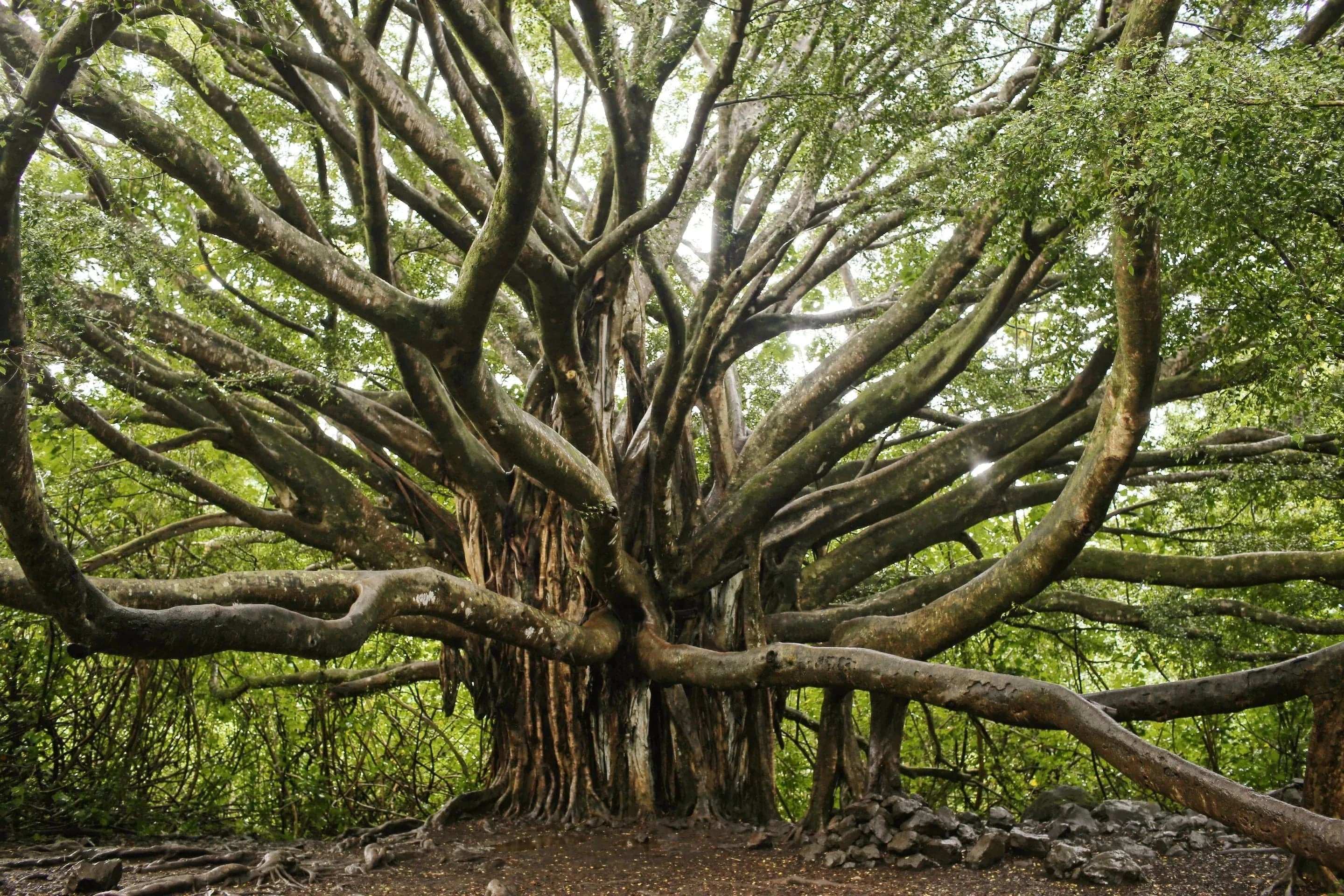
Ancient Trees Deemed Vital to Forest Survival
We don't think this will be a surprise to any of you, but new research suggests that ancient trees provide much more to the overall forest ecosystem than previously known. The report shows that old and ancient trees significantly affect the overall genetic diversity and composition of the surrounding forest. Typically these trees are more than 10 to 20 times older than the average tree in the surrounding forest community. The evidence also shows that these ancient trees contribute to evolutionary processes, which are critical to the long-term survival of all forests.
Hungry for more positivity? We've got plenty more good news stories from the past year. And if you're feeling really inspired, consider planting trees today!
Get news, updates, & event Info delivered right to your inbox:
Related Posts
9 Sustainable New Years Resolutions
18/12/2025 by Meaghan Weeden
Inspirational Quotes About Trees
16/12/2025 by Meaghan Weeden
The 9 Oldest, Tallest, and Biggest Trees in the World
11/12/2025 by One Tree Planted
Popular On One Tree Planted
Inspirational Quotes About Trees
16/12/2025 by Meaghan Weeden
The 9 Oldest, Tallest, and Biggest Trees in the World
11/12/2025 by One Tree Planted
What Causes Deforestation?
10/07/2025 by Meaghan Weeden
Fundraising Disclosures

Be Part of the
Restoration Movement
The Grove is more than just a monthly giving program: it's a vibrant community of individuals who are dedicated to reforestation and environmental restoration on a global scale.
As a member of The Grove, you affirm your commitment to restoring forests, nurturing biodiversity, and fostering positive global change.



